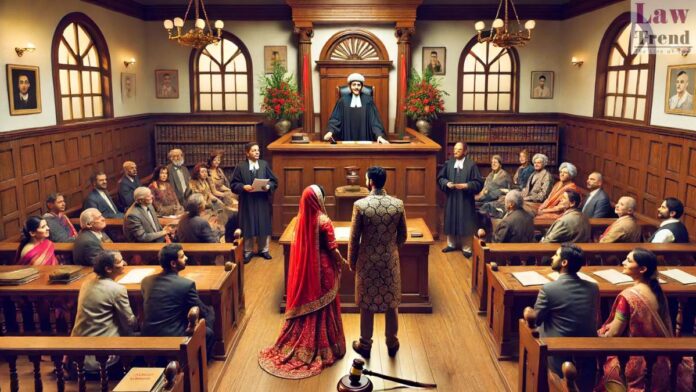Allahabad: The Allahabad High Court has held that under the Bharatiya Nyay Sanhita (BNS), 2023, the age of consent for sexual intercourse is 18 years, and sexual acts with a girl below this age, with or without her consent, constitute rape. A division bench of Justice J.J. Munir and Justice Sanjiv Kumar, while disposing of
To Read More Please Subscribe to VIP Membership for Unlimited Access to All the Articles, Download Available Copies of Judgments/Order, Acess to Central/State Bare Acts, Advertisement Free Content, Access to More than 4000 Legal Drafts( Readymade Editable Formats of Suits, Petitions, Writs, Legal Notices, Divorce Petitions, 138 Notices, Bail Applications etc.) in Hindi and English.




